How Manchester United are leading the way when it comes to digital and commercial innovation in football
United launching a global app, including MUTV, and partnering with Sina in China could begin to unlock football's untapped commercial potential
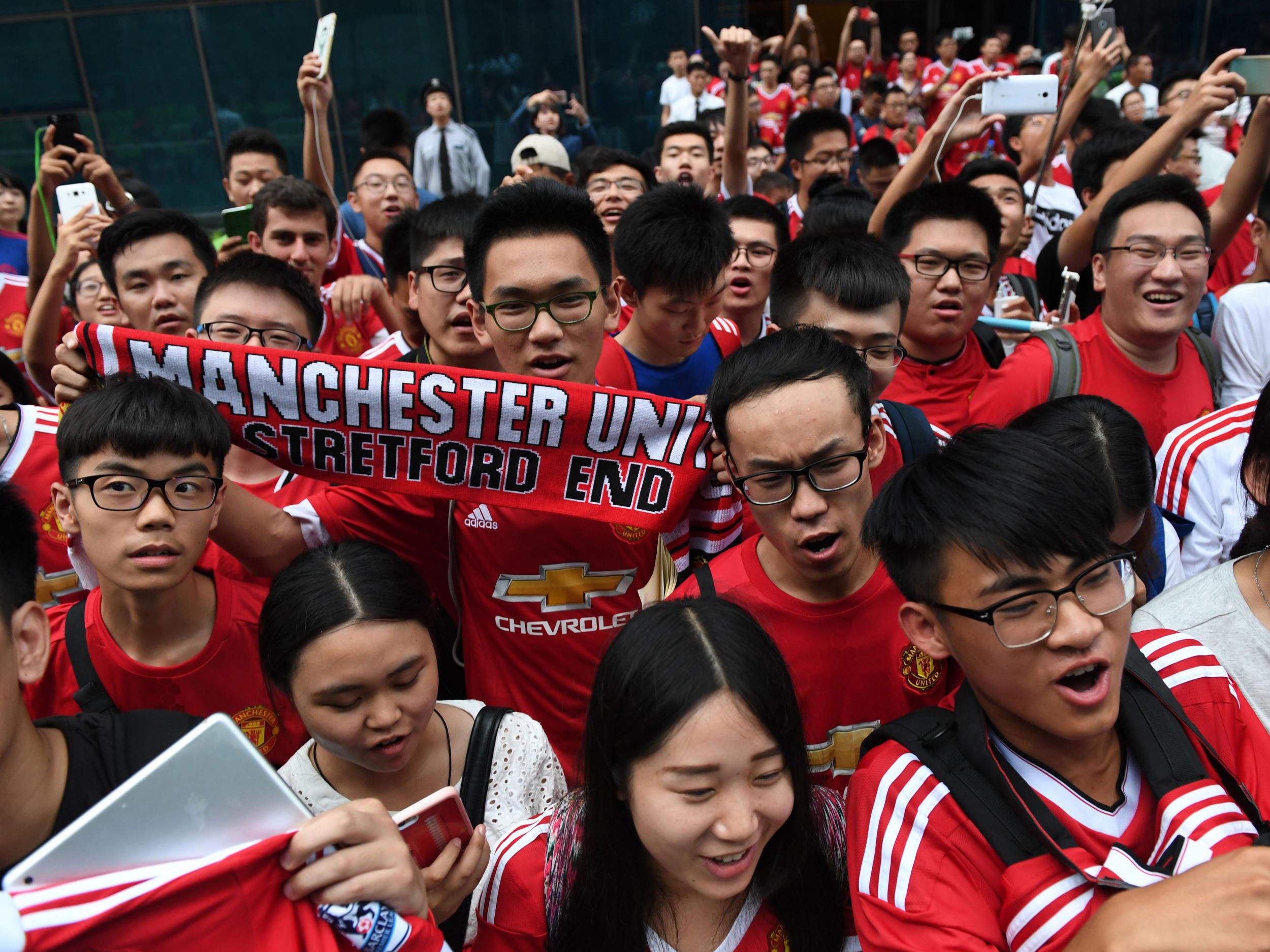
Your support helps us to tell the story
From reproductive rights to climate change to Big Tech, The Independent is on the ground when the story is developing. Whether it's investigating the financials of Elon Musk's pro-Trump PAC or producing our latest documentary, 'The A Word', which shines a light on the American women fighting for reproductive rights, we know how important it is to parse out the facts from the messaging.
At such a critical moment in US history, we need reporters on the ground. Your donation allows us to keep sending journalists to speak to both sides of the story.
The Independent is trusted by Americans across the entire political spectrum. And unlike many other quality news outlets, we choose not to lock Americans out of our reporting and analysis with paywalls. We believe quality journalism should be available to everyone, paid for by those who can afford it.
Your support makes all the difference.Football clubs are comparatively tiny businesses when compared to the likes of Fortune 500 companies. As an example, adidas, which sponsors Manchester United, the highest-earning club in the world, will earn more in the next six months than United has earned in the 139 years the club has been in existence.
However, top football clubs have something that few, if any other entities in the world possess – an enormous global reach that transcends geographic, national, cultural, religious, linguistic and ethnic borders.
This reach has been acquired over years, but has been accelerated in recent years through the use of traditional social and digital channels. Last week, Manchester United took the next step, by announcing the global launch of its own digital app, which will make its internal television channel, MUTV, available in 165 countries.
To help the club roll out the launch, Manchester United hired Phil Lynch and appointed him to the position of CEO of Media. Lynch was previously the head of global media and content at Yahoo and is credited with overseeing over 3,500 content partnerships during his time there. Prior to joining Yahoo, Lynch was a senior vice president at Sony Pictures, overseeing digital content. The hire of a top digital media executive like Lynch reflects both Manchester United’s commitment to the MUTV digital app as well as club’s overarching commitment to leaving no stone unturned when it comes to growing commercial revenues (the stone, of course, now being turned by Yanmar, the club’s, ahem, official tractor partner).
Manchester United is the most commercially-minded football club in the world, and the value proposition behind this venture is clear.
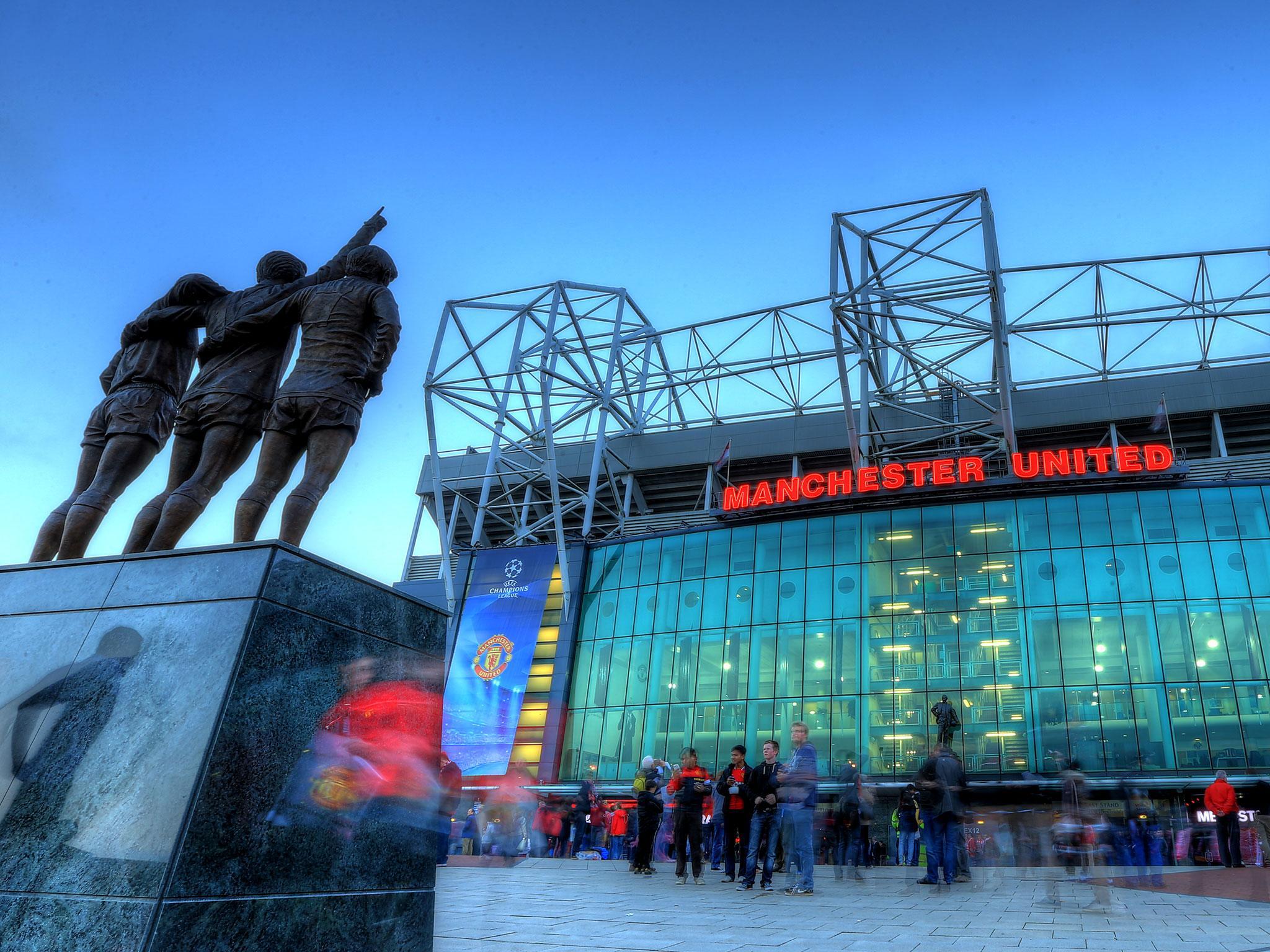
Manchester United boasts that it has 659 million followers worldwide. Manchester United’s definition of “follower” is extremely broad, but if they could convert 1% of those 659 million to MUTV subscribers at an average of just £1 per month they would generate nearly £80 million per year in additional revenues (the pricing will vary by country, taking fans’ respective purchasing power into account and can be as low as around £1.60 per month in India to around £6.30 per month in Finland).
That’s before taking into account the new or more lucrative revenue streams from existing and would-be commercial partners seeking to get their brands in front of the engaged and targeted audience that will be using the MUTV app.
What does £80 million buy, in on-the-pitch terms? Over the five-year contract that most top players sign, that funds three players, each costing over £75 million in transfer fees and each earning over £200,000 per week. That’s in addition to the usual business Manchester United conducts during the transfer windows, which tends to be quite substantial already.
Sam Li is the head of content acquisition and strategic partnerships at Sina Sports, China’s largest digital sports media platform. In January 2016, Sina Sports and Manchester United announced a long-term partnership in which Sina Sports became the club’s official digital media partner in China and the exclusive broadcaster of MUTV in Mainland China.
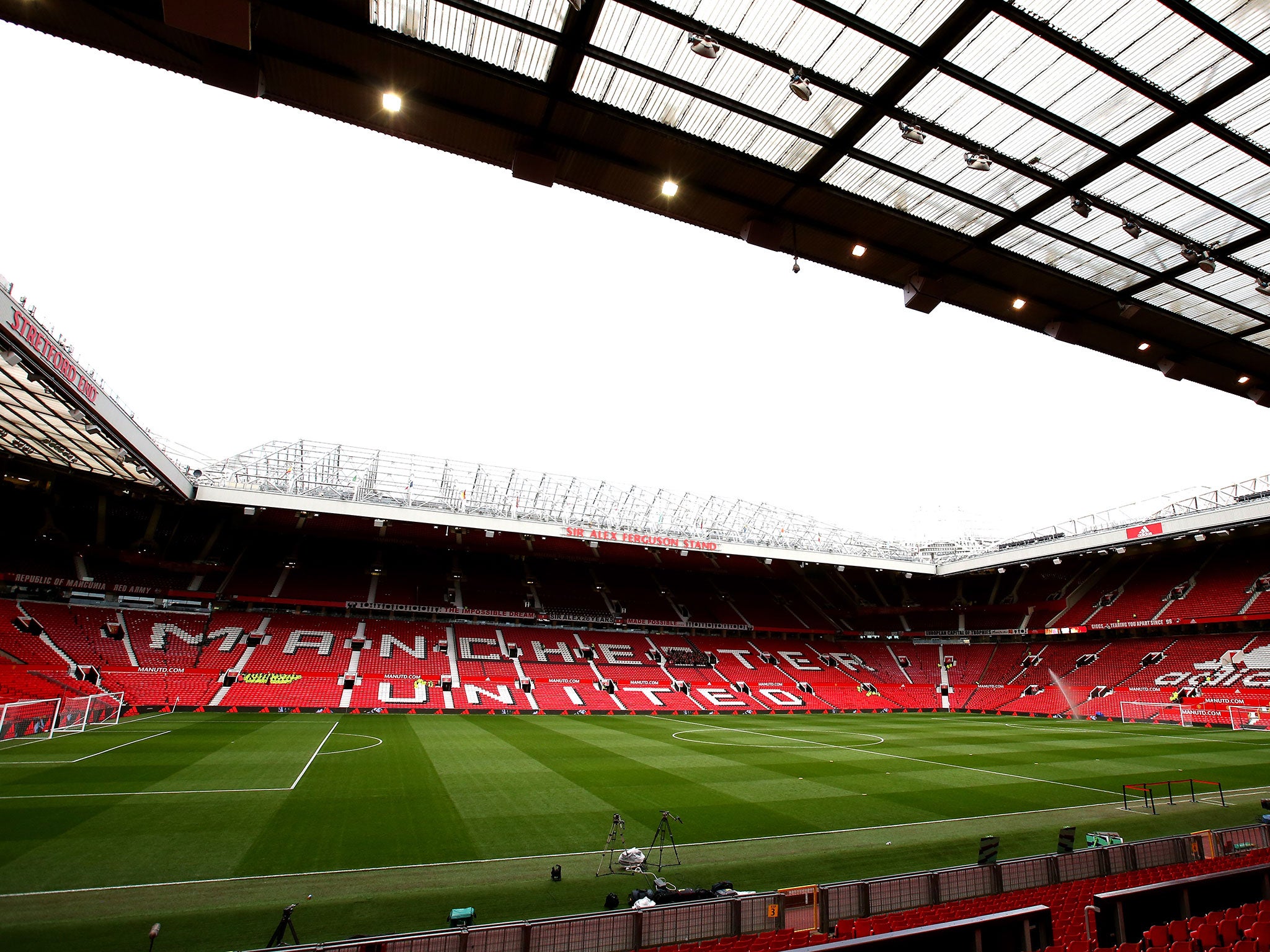
The Independent spoke with Li, who shared how he and Sina Sports are currently working with Manchester United in China on growing MUTV and the overall brand of the club.
Sina Sports is the first, and currently the only completely digital media broadcaster for the MUTV product. As Li indicates, there are many advantages for top football clubs and brands and really any club or sports brand to move towards a digital-first strategy to reach fans and grow its brand.
“Reaching, interacting and communicating with fans through digital and social is much better than traditional television, which is a very one-way street. On digital and social, clubs can easily build a strong, engaged community that truly feels connected to the club, in addition to receiving instant feedback from their fan communities. With traditional television, it is a very isolated experience for the fan and beyond very basic ratings, the club isn’t receiving much feedback on the content they produce.”
The Sina Sports partnership allows Manchester United to access a broad scope of digital resources that Sina Sports is able to leverage as part of a larger digital ecosystem. While Sina Sports is quite large, it is just one channel under the umbrella of its parent company, Sina Corp. Sina Corp owns the largest open-platform social media platform in China, Sina Weibo, which is often referred to as “China’s Twitter.”
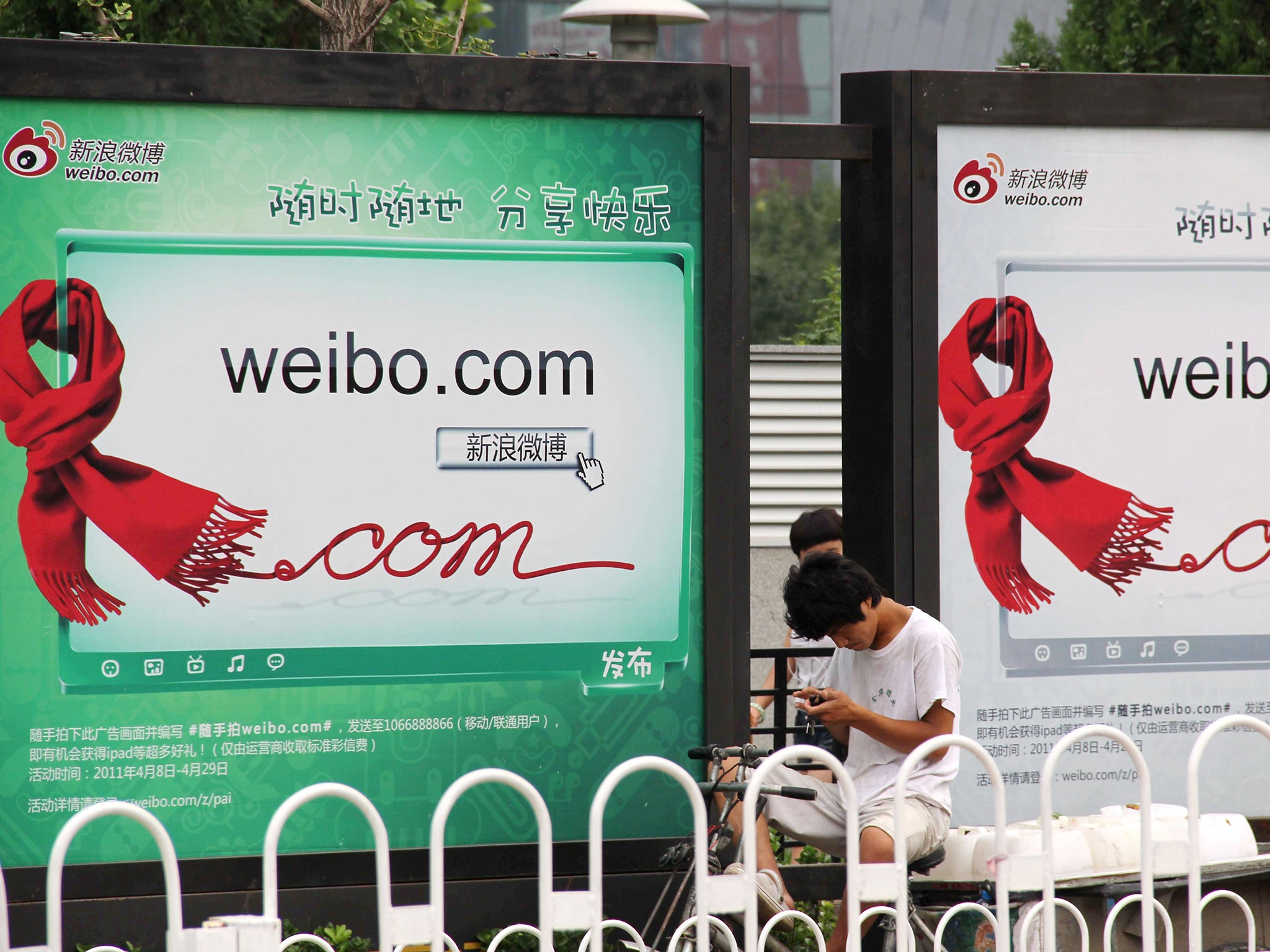
Additionally, Sina, like the MUTV app, is a digital product, rather than a traditional television station, where MUTV had previously been hosted.
While Sina and Manchester United launched MUTV on Sina’s digital media platform in certain territories, expanding into digital worldwide is a no-brainer, says Li.
“Reaching, interacting and communicating with fans through digital and social is much better than traditional television, which is a very one-way street. On digital and social, clubs can easily build a strong, engaged community that truly feels connected to the club, in addition to receiving instant feedback from their fan communities. With traditional television, it is a very isolated experience for the fan and beyond very basic ratings, the club isn’t receiving much feedback on the content they produce. As an example of the benefits of a full-stack digital platform, Li pointed to a celebrity match Sina organised last summer as part of Manchester United’s tour to China. The five-a-side match featured ten players on each team, including former Manchester United players Dwight Yorke, Bryan Robson and Park Ji Sung as well as Chinese footballers, film and pop stars. There were also spots allocated to Manchester United “super-fans” who submitted winning videos to Sina’s digital platform demonstrating why they were the biggest Manchester United fans.
The initial super-fan contest, the promotion and lead-up to the match, as well as the match itself were hosted on Sina Sports and promoted through Sina Weibo. Digital content appeared, both on theon the official MUTV channel, Sina Sports, as well as on the pages Sina Weibo accounts of of the celebrity participants and super-fans. This helped garner over 25 million unique visits to Sina Sports’ coverage and there were hundreds of thousands of comments surrounding event Manchester United’s trip to China.
Reaching, interacting and communicating with fans through digital and social is much better than traditional television
Li notes that Manchester United is the most popular club in China, but explains that this is in large part due to the club’s substantial efforts to make meaningful connections with fans in China.
“It’s easier to hold training camps and pre-season tours in Europe and United States, but Manchester United and other clubs who are serious about capturing market share actively choose to come to China.”
Additionally, beyond the subscription fees that Manchester United receives, Li envisions that MUTV as a worldwide digital product will be very attractive to advertisers, which will lead to even more commercial opportunities for Manchester United to leverage and exploit.
Speaking on an earnings call earlier this month, vice-chairman Ed Woodward highlighted an added benefit of the MUTV app to Manchester United.
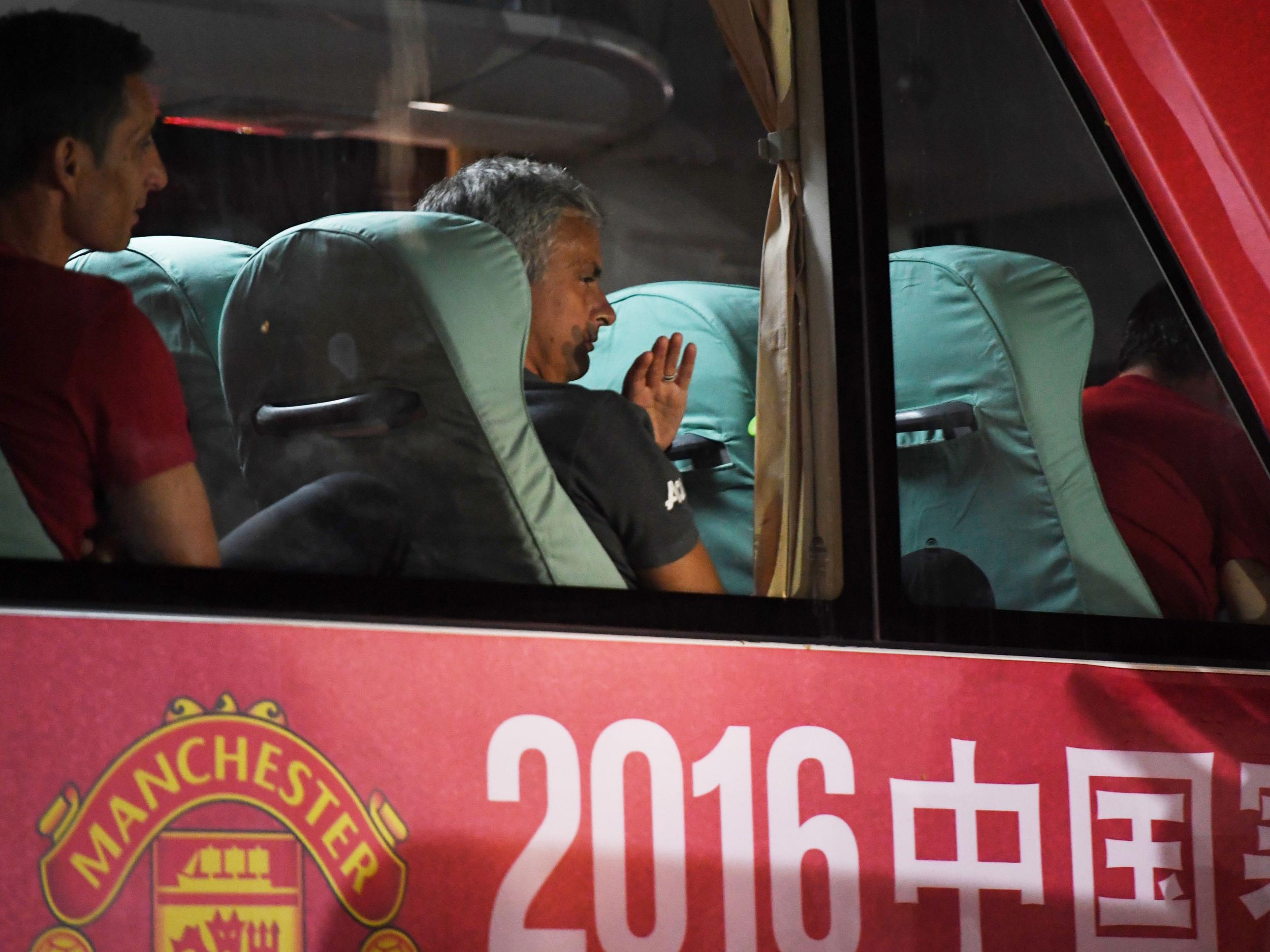
“Building global use of basic customers, tracking user behaviour within the app, test and optimise acquisition marketing, and of course build a deep insight at scale on the consumption of our premium content and the DCC distribution market. We will track this closely and it’s something we expect to grow steadily over time.”
In layman’s terms, Woodward believes the app will help the club acquire more data from fans, which will make it easier for Manchester United and the club’s commercial partners to sell things to fans. This will increase Manchester United’s value to current and future commercial partners, which should therefore lead to even more commercial revenues.
Tim Crow, the CEO of Synergy, a leading sports and entertainment marketing agency, told The Independent that “the acceleration in digital technology means that the day is coming soon when the big clubs can finally look beyond overseas tours and replica shirts to unlock the value of their global fan bases.”
Beyond digital products, Crow specifically highlighted the advancements in virtual reality as a potentially lucrative source of commercial revenues in the future, calling it a “game changer… given its potential to deliver premium experiences at scale.”
With innovative companies such as Laduma already developing virtual reality products for football and NFL clubs, and as other clubs take Manchester United’s lead on embracing digital technology to put their in-house content in as many paying supporters hands as possible, and discover new ways to monetise the unique global reaches they enjoy, commercial revenues have the potential to increase significantly.
It will take time, trial and error, and resources to fully activate this underlying commercial potential, but for Manchester United and other clubs who are making these investments now, they will very likely enjoy a significant monetary, and therefore competitive advantage over their rivals when it comes to recruiting and signing the best available talent in the near future.
Join our commenting forum
Join thought-provoking conversations, follow other Independent readers and see their replies
Comments